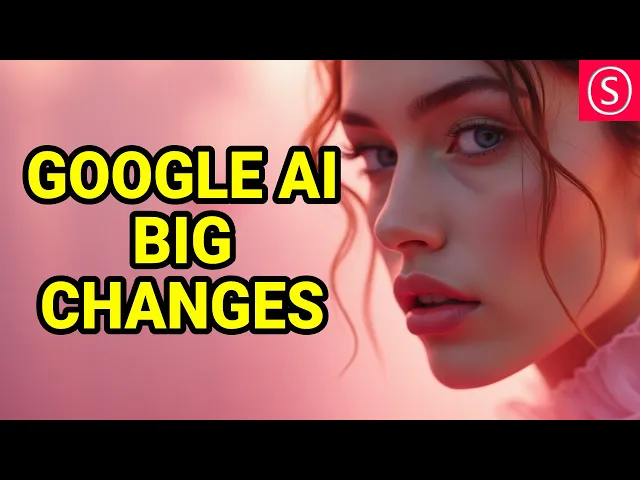Why Google I O 2025 Was So Surprising!

Google surprises everyone with I/O 2025
Google's annual developer conference has always been a showcase for the company's most ambitious projects and forward-thinking vision, but this year's I/O 2025 event managed to catch even seasoned tech observers off guard. The event featured not just iterative improvements to existing technology, but genuine breakthrough moments that signal a dramatic shift in the company's approach to artificial intelligence, user privacy, and hardware integration.
Key takeaways from Google I/O 2025:
-
Google has completely reimagined its AI assistants, moving from reactive query-response systems to genuinely predictive tools that anticipate user needs through contextual understanding.
-
The new privacy framework represents a fundamental shift, giving users unprecedented granular control while maintaining AI effectiveness—a balance many thought impossible.
-
Hardware integration across Android devices has reached new levels of seamlessness, with computational tasks flowing naturally between phones, wearables, and home devices without user intervention.
-
Google's approach to responsible AI shows considerably more maturity than previous years, with transparent explanations of model limitations and dedicated tools for detecting AI-generated content.
The most profound insight from the event was Google's apparent solution to what many have called the "responsible AI paradox"—the notion that making AI both powerful and safe requires fundamental tradeoffs. Google seems to have discovered a middle path, where AI systems explicitly communicate their confidence levels and reasoning processes to users in natural language, without sacrificing speed or utility.
This matters enormously because it addresses the trust deficit that has plagued AI adoption in critical sectors. Healthcare providers, financial institutions, and government agencies have been reluctant to implement AI solutions despite their potential benefits, precisely because these "black box" systems couldn't explain their decision-making processes. Google's approach—transparent AI that "shows its work"—could unlock AI adoption in these high-stakes domains.
What the presentation didn't address, however, was the competitive landscape. Microsoft and OpenAI have been making significant inroads with their own explainable AI initiatives, particularly in enterprise settings. Microsoft's Azure AI services already offer similar transparency features, though with less elegant user interfaces. Google's approach appears more consumer-friendly and intuitive, but enterprise adoption will require more than just good design—it will need robust integration with existing business processes.
Recent Videos
How To Earn MONEY With Images (No Bullsh*t)
Smart earnings from your image collection In today's digital economy, passive income streams have become increasingly accessible to creators with various skill sets. A recent YouTube video cuts through the hype to explore legitimate ways photographers, designers, and even casual smartphone users can monetize their image collections. The strategies outlined don't rely on unrealistic promises or complicated schemes—instead, they focus on established marketplaces with proven revenue potential for image creators. Key Points Stock photography platforms like Shutterstock, Adobe Stock, and Getty Images remain viable income sources when you understand their specific requirements and optimize your submissions accordingly. Specialized marketplaces focusing...
Oct 3, 2025New SHAPE SHIFTING AI Robot Is Freaking People Out
Liquid robots will change everything In the quiet labs of Carnegie Mellon University, scientists have created something that feels plucked from science fiction—a magnetic slime robot that can transform between liquid and solid states, slipping through tight spaces before reassembling on the other side. This technology, showcased in a recent YouTube video, represents a significant leap beyond traditional robotics into a realm where machines mimic not just animal movements, but their fundamental physical properties. While the internet might be buzzing with dystopian concerns about "shape-shifting terminators," the reality offers far more promising applications that could revolutionize medicine, rescue operations, and...
Oct 3, 2025How To Do Homeless AI Tiktok Trend (Tiktok Homeless AI Tutorial)
AI homeless trend raises ethical concerns In an era where social media trends evolve faster than we can comprehend them, TikTok's "homeless AI" trend has sparked both creative engagement and serious ethical questions. The trend, which involves using AI to transform ordinary photos into images depicting homelessness, has rapidly gained traction across the platform, with creators eagerly jumping on board to showcase their digital transformations. While the technical process is relatively straightforward, the implications of digitally "becoming homeless" for entertainment deserve careful consideration. The video tutorial provides a step-by-step guide on creating these AI-generated images, explaining how users can transform...
